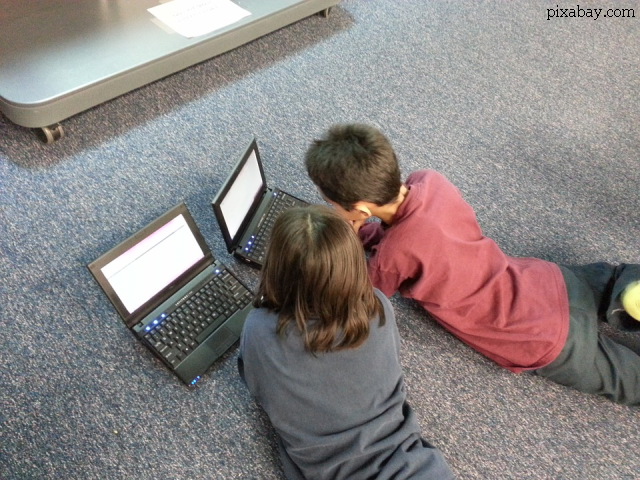Measures in the education system
What will Romanian education look like in the near future, if the Covid-19 pandemic does not slow down?

Roxana Vasile, 13.05.2020, 13:45
Some European countries have reopened schools this month. Romania, however, decided to keep them shut until September, when a new school year starts. For the current year not to be frozen, classes are being held online, and subject matters that have been left uncovered will be taught next year. The average grades will be established on the basis of minimum two grades. Only 8th and 12th graders will go back to school for a while, in order to take their final examinations.
The main question, however, is not when children are going back to school, but what the education system will look like, given that health specialists say that social distancing should be maintained.
According to Education Minister Monica Anisie, new rules will have to be put in place in schools, given that, for instance, children will no longer be able to sit in pairs at their desks and also not even one behind another. The minister has stated that protective masks will be purchased to be distributed to both children and teachers and has promised that all education units in the country will benefit from medical assistance.
In another move, 150 million lei (approx. 31 million Euro) have been earmarked for the purchase of electronic devices to be used for online schooling by pupils in disadvantaged areas. Its not clear how many children have access to on-line classes currently, given that not all of them have a computer or a tablet connected to the internet, and also because not all teachers can put in practice the recommendation made by the ministry.
A former education minister, Mircea Miclea, believes that the situation of online classes would have been clearer if Romania had prepared in time an e-learning platform, which should have been ready in 2015.
In turn, the Save the Children NGO has warned about the risk of social exclusion in the case of vulnerable children and has asked for clearly defined public policies, which would ensure everybodys right to education.
According to the Ministry of Education, at national level, some 250 thousand pupils have no access to technology at this moment. In order to prove that access to digital education for all can be secured, at low costs, several companies in the sector, civil society representatives, teachers and public figures have collaborated to create the first Romanian educational tablet.
The tablet provides access to some 100 applications and educational websites, it has a remote-control system, includes parental control tools and is monitored to make sure it is used for educational purposes only. Such tables are to be donated to disadvantaged children. (M.Ignatescu)






























